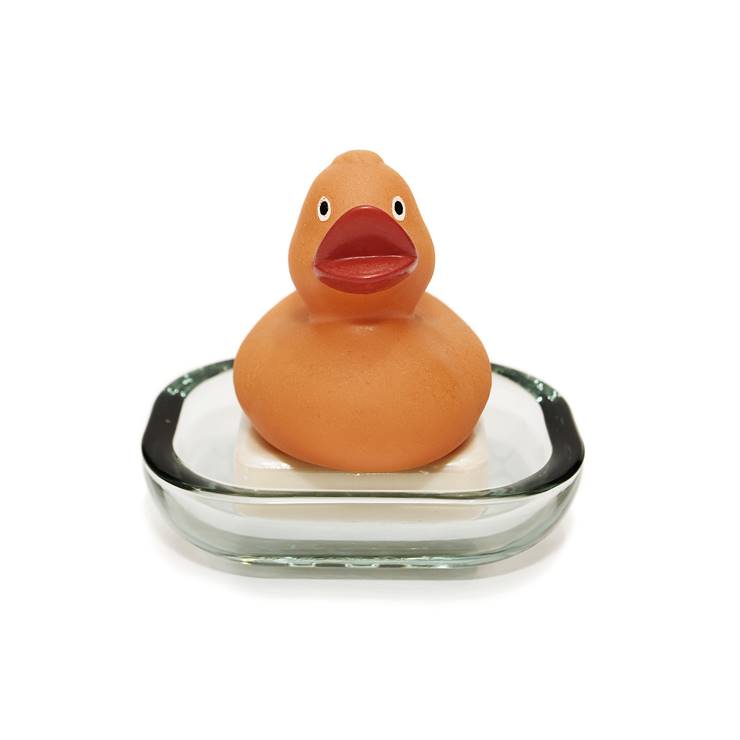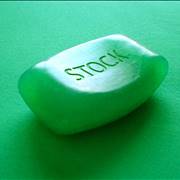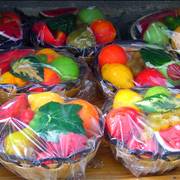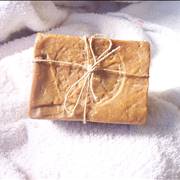Soap Facts - Interesting and Fun Facts
Soap is a product for cleaning made from natural ingredients that may include both plant and animal products, including items as: animal fat, such as tallow or vegetable oil, such as castor, olive, or coconut oil. Soap supposedly got its name from Mount Sapo in Rome. The word sapo, Latin for soap, first appeared in Pliny the Elder's Historia Naturalis. The first soap was made by Babylonians around 2800 B.C. The early references to soap making were for the use of soap in the textile industry and medicinally.
Interesting Information about Soap
Soap is a combination of animal fat or vegetable oil and caustic soda. Through the ages soap has been used to wash wool in textile industry, to cure skin sores and diseases, to dye hair, and as a salve or skin ointment. But today it is generally used as a cleanser or perfume. There are some interesting facts about soap.
Soap Types
Soaps have been categorized into several types depending on the particular purpose for which they are used. The soap industry is constantly working hard to produce newer soap formulas. There are soaps for personal use, laundry use, dishwashing and even pet cleaning...
Benefits of Soap
Over the course of millennia’s, soap managed to infuse itself into our culture and way of life. As one of the most primary means of maintaining personal hygiene, soaps lived through countless waves of improvements that enabled it mature into its modern state. Here you can find the most interesting facts that surround fascinating journey of soap.



